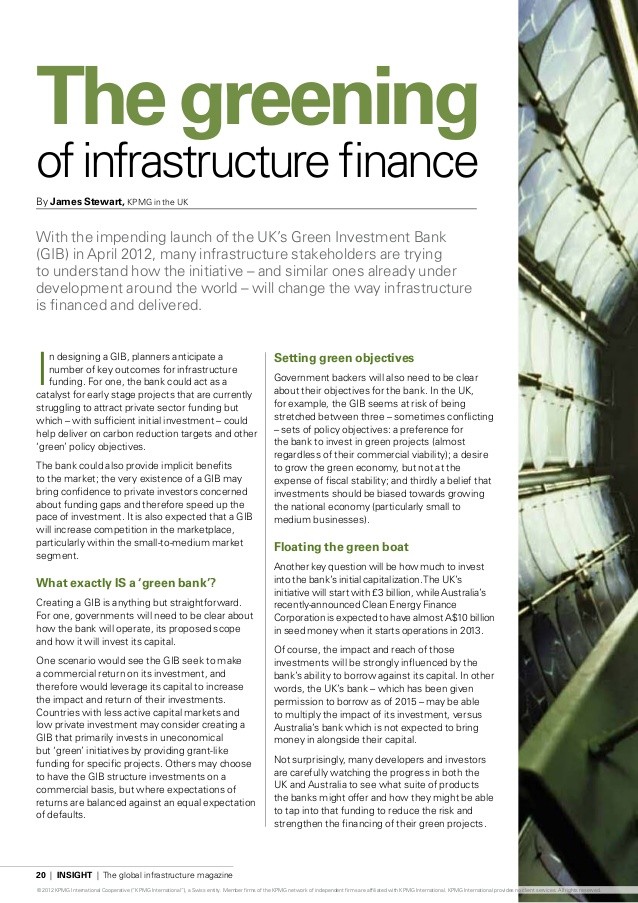Sovereign Wealth Funds Anticipate Possible American Infrastructure Bank
Post on: 13 Май, 2015 No Comment

September 8, 2011
Barack Obama
In our estimate, sovereign wealth funds would look forward to the creation of an American infrastructure bank. The primary reason for this is the infrastructure fund investment returns would most likely surpass treasuries and other current fixed income investments. It is essential to note that not all infrastructure investments are created equal. By observing current infrastructure investment patterns around the globe, sovereign wealth funds and other governmental investors prefer infrastructure in energy, utilities, and transportation, over more speculative types like green projects and social infrastructure.
U.S. President Barack Obama’s speech tonight is outlining his future plan for jobs in America. With high U.S. unemployment rates, the current situation is daunting. American public sector projects are facing major funding issues and will have to rely on outsider capital. Thirty years of underinvestment in American infrastructure has created tremendous issues for the United States. In fact, other developed nations spend a great deal more percentage wise on public infrastructure. One proposal out there is the creation of an American infrastructure bank. The bank would most likely receive a capital infusion of federal dollars to the tune of US$ 60 billion to provide infrastructure financing in transportation. If the proposal includes investment opportunities to sovereign wealth investors and other investors, it could alleviate congressional passage complication and lessen the fiscal impact on U.S. debt.
Developing infrastructure in energy and transportation is a white hot asset class for sovereign wealth funds and public pensions. This $4.7 trillion dollar sovereign investor class already represents a major source of foreign capital for the United States. Sovereign wealth funds are an active participant in American stocks, private equity, and real estate.
Instead of recapitalizing financial institutions, funding infrastructure would provide numerous advantages to both investor and the U.S. economy.
Infrastructure as an asset class is a classic inflation hedge, plus it is long-term in nature. It can be a suitable investment for governmental investors with enough capital and funds with a long-term investment horizon. This inelastic asset class attracts investors searching for stable and predictable cash flows. Among the big infrastructure players in the sovereign wealth fund space include the Abu Dhabi Investment Authority, China Investment Corporation, New Zealand Superannuation Fund, and the Government of Singapore Investment Corporation.
One key advantage for sovereign wealth funds by creating an infrastructure bank in the United States is that it will lower political investment risk. When the Abu Dhabi Investment Authority invested in Chicago Parking Meters it created a bit of political controversy in Chicago. One way sovereign investors can circumvent political risk in public infrastructure investment is participating in club deals, bringing multiple foreign parties to the table. This alleviates and distributes political risk among the participating governmental entities and helps paint a better picture of their commercial investment intentions.
Furthermore, the infrastructure bank could lower project risk by creating a fund to invest in multiple infrastructure projects. This pooled approach would increase project diversity. In addition, if the Federal government would guarantee the cash flow payments, there would most likely be increased sovereign investor interest and participation.
2009 Grades US Infrastructure
- Aviation D
- Bridges C
- Dams D
- Drinking Water D-
- Energy D+
- Hazardous Waste D
- Inland Waterways D-
- Levees D-
- Public Parks and Recreation C-
- Rail C-
- Roads D-
- Schools D
- Solid Waste C+
- Transit D
- Wastewater D
Source: American Society of Civil Engineers














